
It can seem like from the second a baby is born (or even before!), doctors, nurses and everyone else is looking for problems. While you are trying to enjoy your new, seemingly perfect little baby, everyone else is running tests and doing diagnostics. While you are trying to figure out how to just survive with a newborn, other people are looking for red flags and warning signs.
And it’s all for a good reason: the sooner a problem is caught, the easier it is to treat.
Many physical and health issues become apparent early on and treatment or services can begin very quickly. But some developmental and learning delays or problems are not apparent or discovered until a child is older and starts missing crucial developmental milestones. And just like other physical and health problems, developmental delays are also less detrimental over time if caught and treated early.
In one study on early intervention services (3), 76% of surveyed families believed that early intervention services for their child before 36 months had “a lot of impact” on their child’s development and another 20% noting “some impact”. Improvements after early intervention services were noted across many areas including:
- 30% of participants reporting their children were better able to make their needs known after early intervention services and 59% reporting an improvement in understandability of their child’s speech.
- Overall health improvement was reported in 21% of the participants.
- 8% of participants were diagnosed with vision problems and 5% were diagnosed with hearing problems during the course of the study, presumably helping to facilitate services in those areas.
Since 1986, early intervention services for children birth to age 3 have been covered under Part C of IDEA (the Individuals with Disabilities Education Act). In 2016, more than 350,000 children under the age of 3 received services under IDEA Part C (1), representing approximately 3% of all children under the age of 3 nationally.
Yet, there is still a large number of children who are not receiving early intervention services. It is estimated that as much as 13% of American children meet eligibility requirements for early intervention services under IDEA Part C with only 12% of eligible children receiving services by age 2 (4). Children from neglectful or abusive homes, with mental health problems, from culturally diverse backgrounds, or from economically unstable homes are at higher risk of not receiving needed early intervention services (2).
So what can be done to reach more children needing early intervention services?
Doctors are important in first diagnosing developmental delays or problems. Teachers and childcare workers can also be helpful in catching concerns. But parents are really the first line of defense in discovering areas of concern.
If you are worried about any area your child’s development or well-being, it’s important to get it checked out early. Discuss your concerns with your child’s doctor, public health nurse, or other healthcare professional. Ask your child’s teacher or childcare provider if they have noticed anything. And reach out to your local early intervention network to get an evaluation.
In Florida, Help Me Grow is a statewide program aimed to promote the healthy development of every child in Florida. They offer health and development screenings; specialist referrals and support; community programs; as well as information and other resources.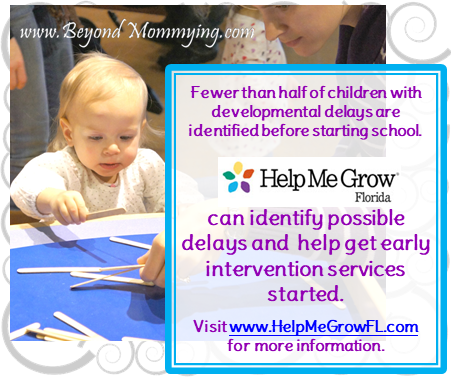
Getting started is as easy as visiting Help Me Grow Florida where you can find your local office or request services. Or you can simply pick up the phone and dial 2-1-1 and ask for “Help Me Grow.”
It is never too early to get your child screened for developmental delays or other problems. And no concern is too silly or unimportant. Early intervention services are crucial to getting all children off to a great start and local programs like Help Me Grow Florida are key to reaching every child in need.
Pin it!
Sources:
(1) Part C and Part B 619 Data Display: KANSAS
(4) The Importance of Early Intervention for Infants and Toddlers with Disabilities and their Families

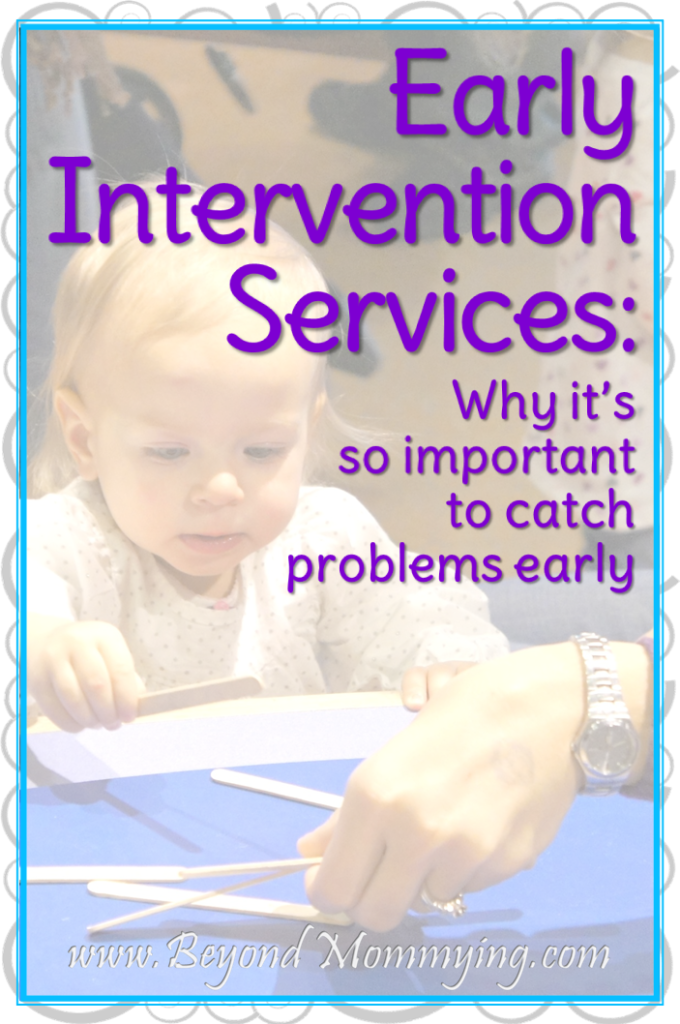

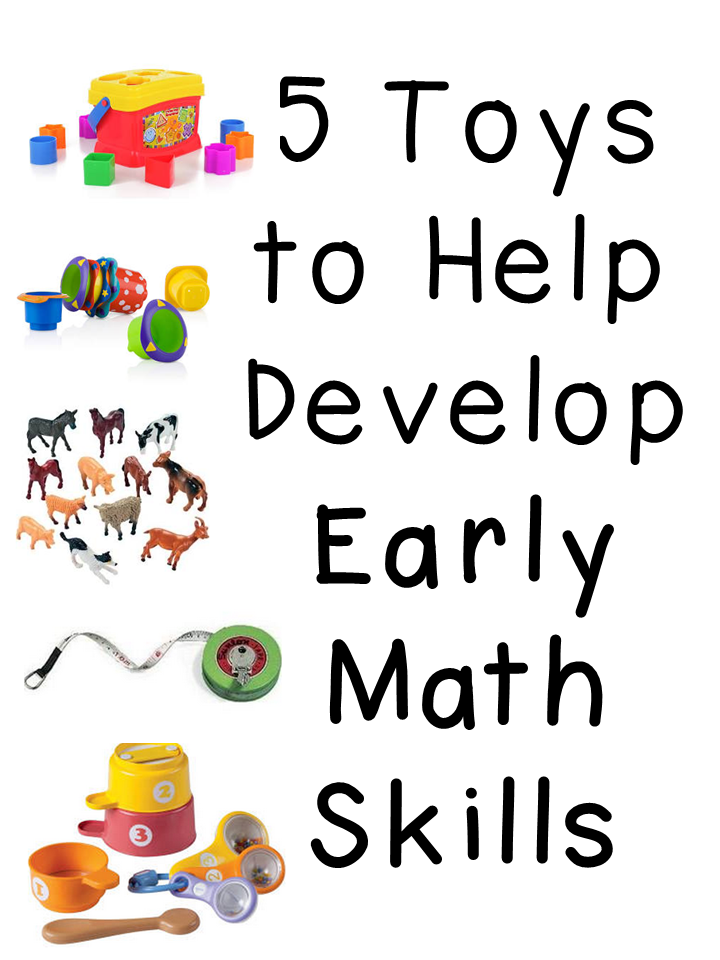
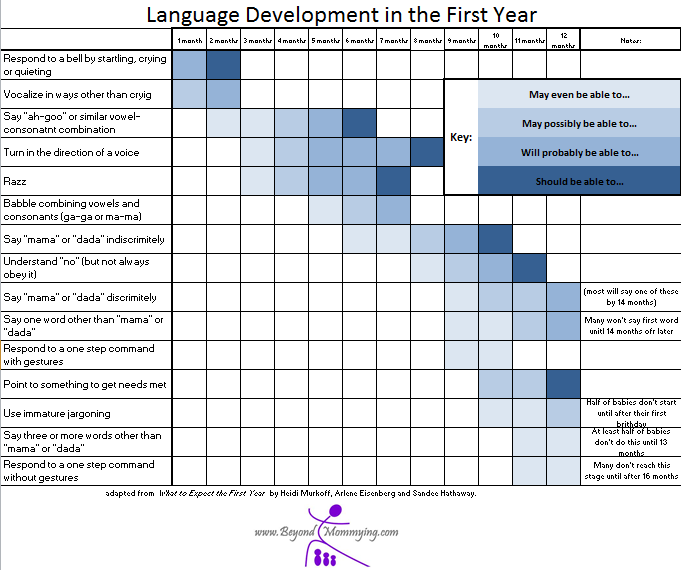
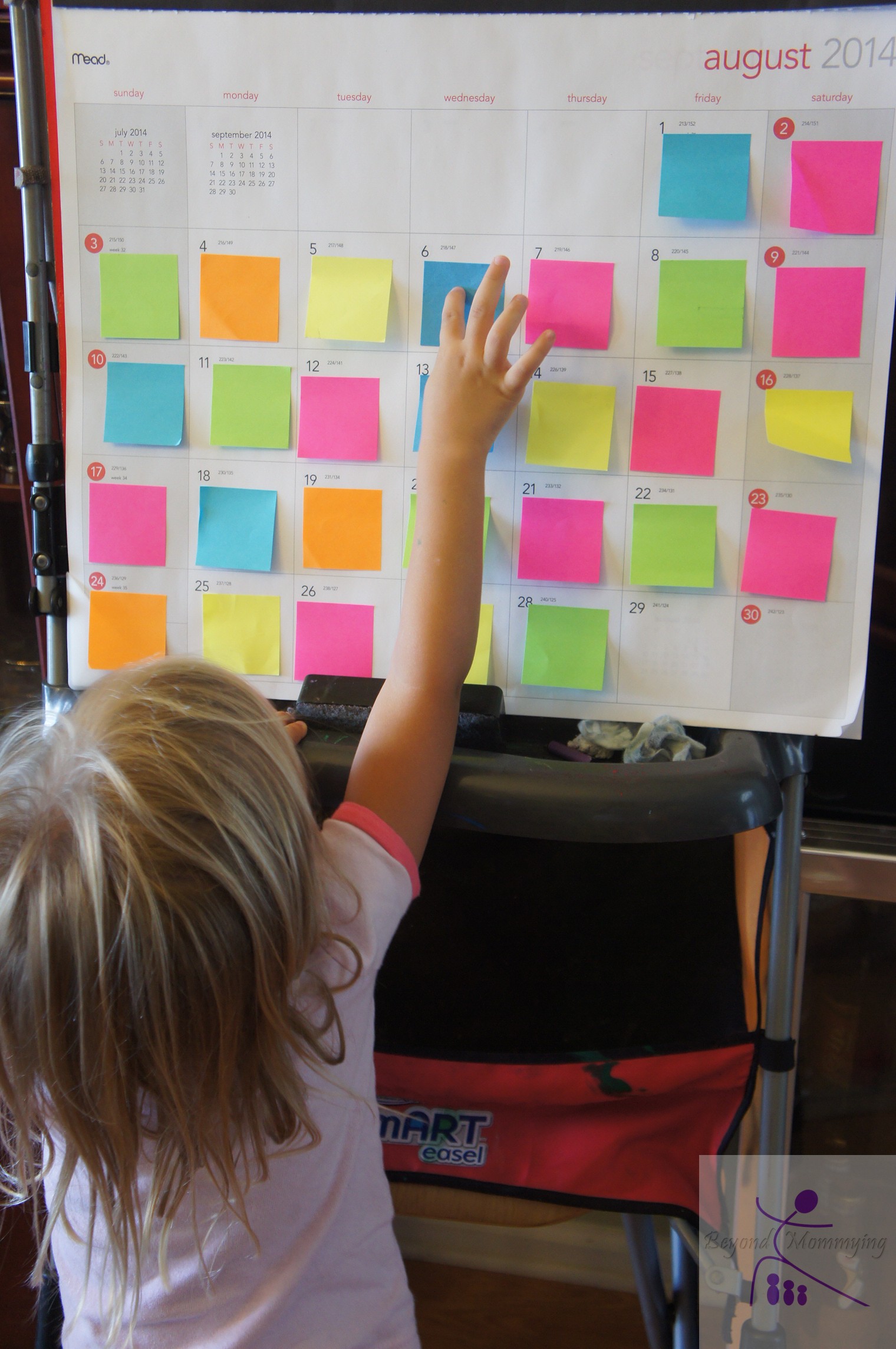

![Take the kids for a fun family outing at iFLY Fort Lauderdale. Kids of all ages, from 3 up to parents and even grandparents, can experience flight. [ad]](https://www.beyondmommying.com/blog/wp-content/uploads/2017/03/ifly-fort-lauderdale-115x115.png)

